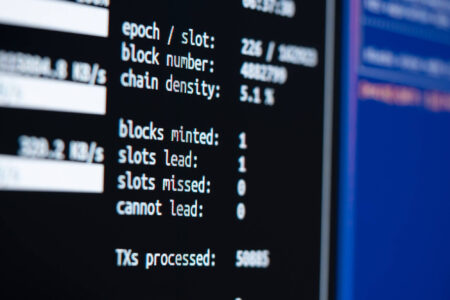In the world of cryptocurrency, an "airdrop" refers to the distribution of free tokens to users of a specific protocol. This marketing strategy is commonly used by blockchain projects and crypto companies to increase their visibility, attract new users, and reward their existing community.
Airdrops can take the form of direct token transfers to eligible wallets or participation in token swaps, where users receive free tokens from a specific blockchain project. These events often generate excitement in the crypto community and can attract new users to a protocol. Airdrops also serve as a decentralized method of token distribution, enabling broader ownership of a cryptocurrency compared to traditional approaches like Initial Coin Offerings (ICOs). Instead of selling tokens to investors, airdrops actively engage users of a protocol and reward them for their participation.
Successful examples of token airdrops include Uniswap, Arbitrum, Optimism, and Blur.
The downside of airdrops
Despite the exciting opportunities that airdrops present in the crypto space, participants should be aware of potential risks and challenges. Firstly, not all airdrops guarantee the future value or success of the distributed tokens. Secondly, airdrops may have tax implications, and recipients may need to report the received tokens as income in certain countries. Additionally, participating in airdrops often involves sharing personal information, which could be misused.
It should be noted that alleged airdrop campaigns on social media are often abused by scammers. Users should therefore always take such promises with a grain of salt, over 95% of airdrops can be discarded as fraudulent.









